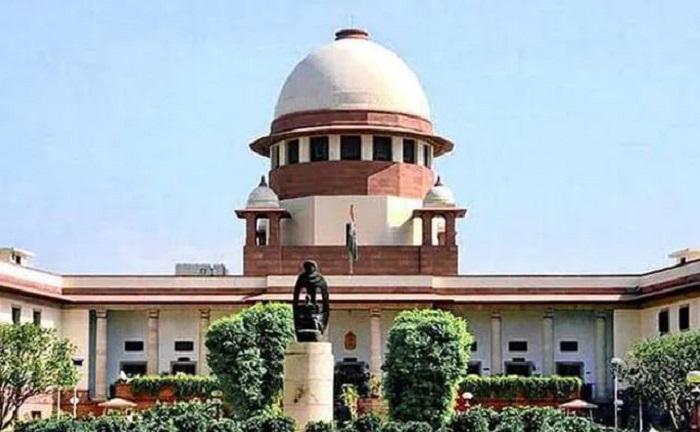AAP files petition in SC opposing PIL against political parties promising 'Freebies'
Last week, the Supreme Court observed that political parties promising to distribute freebies during election campaigns is a "serious economic issue" and said that there is a need for a body to examine the issue. Read more on Dynamite News:

New Delhi: The Aam Aadmi Party (AAP) has filed an application in the Supreme Court opposing a PIL against political parties promising to distribute 'freebies' during election campaigns. AAP in its application said that electoral promises such as free water, free electricity, and free transport are not 'freebies' but are absolutely essential in an unequal society.
AAP claimed that it had the fundamental Right To Free Speech under Article 19 of the Indian Constitution, which included the election speeches and promises for the upliftment of the poor by providing night shelters, free electricity, free education and free healthcare facilities.
Also Read |
SC agrees to list on March 21 PIL against practice of parties promising freebies during polls
"Electoral promises such as free water, free electricity or free public transport are not freebies but examples of discharging constitutional responsibilities of the State towards creating a more equitable society," stated the application filed by AAP. Last week, the Supreme Court observed that political parties promising to distribute freebies during election campaigns is a "serious economic issue" and said that there is a need for a body to examine the issue.
It opposed the PIL filed by advocate Ashwini Upadhyay saying that the petitioner was linked to BJP and wanted to oppose a particular "socialist and welfarist agenda" practised by it in national politics that help the downtrodden and the poor.
Also Read |
Odd-even scheme takes sadistic pleasure by robbing rights of middle class, states petition
Arvind Kejriwal-led party said, "By removing such socialist and welfarist agenda from electoral discourse, the petitioner seeks to advance interests of a different, more parochial kind of politics reliant on caste and communal appeals instead of on appeals to people's welfare." (ANI)
 Dynamite News
Dynamite News 